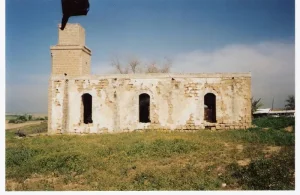
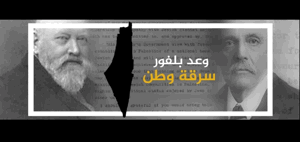
Articles
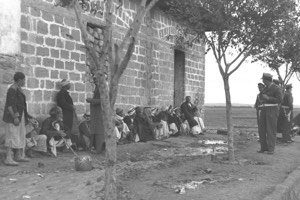
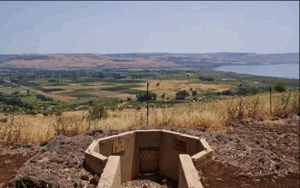
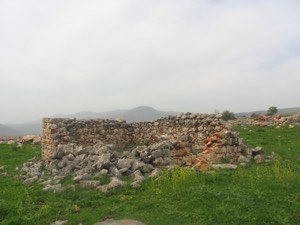
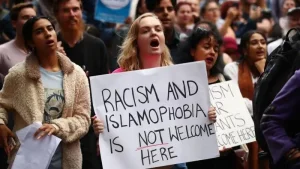

Articles
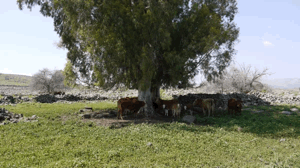
| 1 | 2 | 3 | 4 | 5 | 6 | 7 | 8 | 9 | 10 | 11 | 12 |
| Sunday | Monday | Tuesday | Wednesday | Thursday | Friday | Saturday |
The term "depopulated villages" refers to the hundreds of Palestinian villages that were forcibly emptied of their inhabitants during the Nakba of 1948. This displacement was achieved through various means, including outright coercion, psychological warfare, and fear-mongering tactics that instilled a sense of vulnerability and compelled villagers to flee their homes. This systematic expulsion, orchestrated by Israeli organizations such as Haganah, Lehi, and Irgun, resulted in the destruction of over 530 Palestinian villages. In 1948 alone, approximately 13,000 Palestinians were killed, and more than 750,000 were uprooted from their homes, becoming refugees. The displacement of Palestinian communities had a profound impact on Palestinian society, fracturing its social fabric and severing generations from their ancestral lands. It also led to the dispossession of Palestinian property, further exacerbating their hardships and reinforcing their status as refugees. The Nakba and the subsequent depopulation of Palestinian villages remain a defining chapter in Palestinian history. It is a stark reminder of the human cost of conflict and the lasting impact of displacement on communities and individuals alike.
